Self-realization is one of those phrases that we hear on the spiritual path that goes in one ear and out the other. We don’t give it much thought, yet it’s at the very heart of EVERYTHING.
Without seeing Self-Realization as the ultimate point of the spiritual awakening journey, our paths are vague, blurry, and disjointed.
We don’t really know why we’re doing what we’re doing. And if we do have some faint reason, we never feel truly satisfied because everything we obtain, all the spiritual brownie points we collect, ultimately feel empty and disappointing.
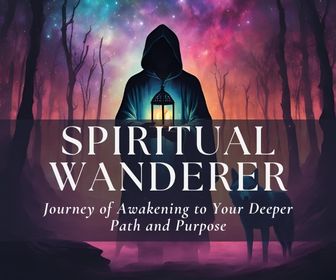
Spiritual Wanderer Course:
⭐️⭐️⭐️⭐️⭐ "I started the Spiritual Wanderers Course a short while ago and for the first time in twelve years I have started to experience love, acceptance and compassion for myself and within myself. Thank you so much." – Vivienne S.
In fact, when we lose sight of the importance of Self-Realization, our spiritual paths are nothing but one distraction after another.
We become spiritual consumers, dabbling here and there in attractive spiritual “products,” without ever really diving deep.
I call this “Rabbit Hole Spirituality”: like Alice in Wonderland, we’re constantly falling into endless rabbit holes of new trends, exciting practices, and sparkly feel-good philosophies.
But the reality is that we’re lost in a surface world full of superficiality, and eventually, something new will come along and catch our eye, and off into another Rabbit Hole we’ll fall.
Thankfully, there are paths out there that are aligned with a deeper form of spirituality – and all of them lead to Self-Realization in one way or another.
If you’re not quite sure what the hell Self-Realization is, or how to experience it, keep reading.
Table of contents
What is Self-Realization?
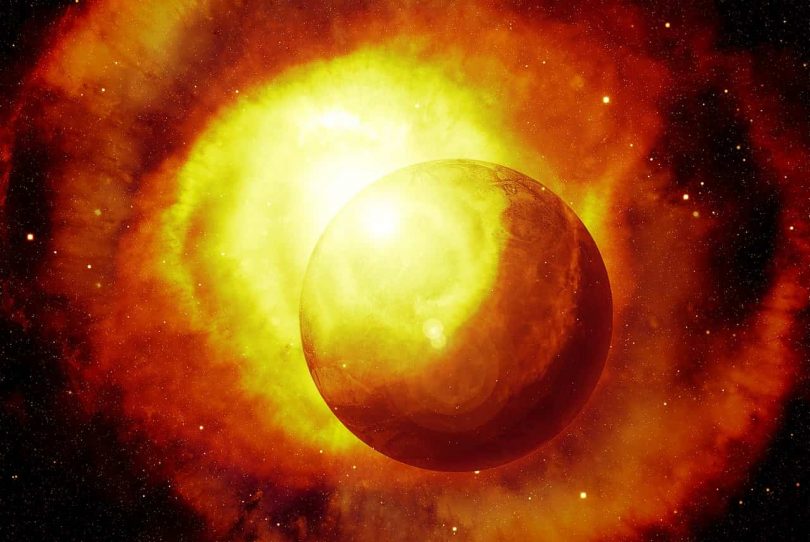
There are two definitions of Self-Realization: one is secular, and the other is spiritual.
According to various Western psychological and philosophical traditions, Self-Realization is the fulfillment of our personal potential in life. Essentially, it’s being all that we can be in an unlimited, expansive sense.
However, according to Eastern spirituality, Self-Realization is the knowledge and embodiment of our True Nature or the Higher Self beyond the ego.
Here we have two strangely conflicting definitions from the East and West.
Which definition is correct?
Actually, neither definition is right or wrong: both are equally relevant as they uphold, and relate to, each other. I’ll explain why next.
The 3 Shamanic Realms of Self-Realization
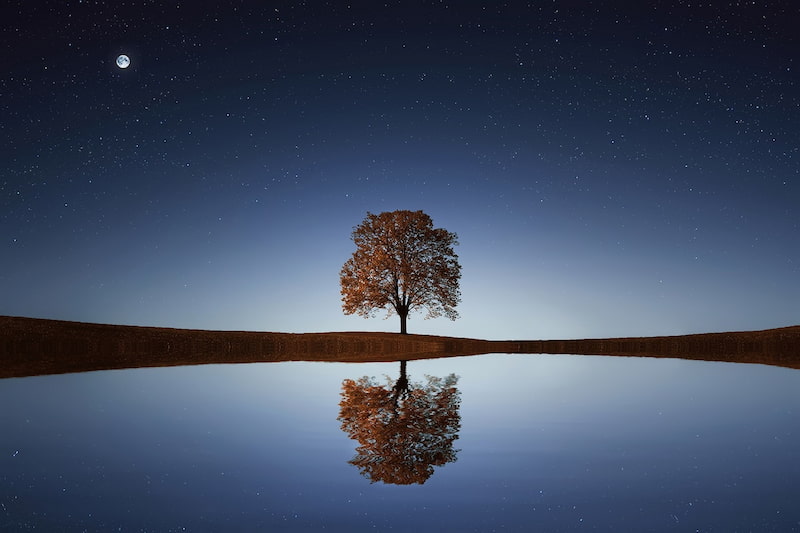
Self-Realization is not so much of a flashy lights-and-glamor moment as it is a slow and steady process of spiritual unfoldment. This process occurs within the three realms of existence:
- The Middle World
- The Lower World
- The Upper World
Using shamanic terminology, the middle world is the realm where we live everyday life. This is the realm where we go about our daily existence with family, friends, and work colleagues.
The lower world is the downwards and inwards realm where everything hiding beneath the surface dwells. This is the realm of thoughts, feelings, instincts, dreams, unconscious wounds, and at a core level, the Soul.
The upper world is the upwards and outwards realm where we transcend the body, mind, and Soul, and enter the immaterial, eternal Spirit that permeates all layers of existence.
Each Realm Has a Purpose
Within each realm there is a task for us to fulfill:
- In the middle world, the task is ego growth
- In the lower world, the task is Soul embodiment
- In the upper world, the task is Spirit realization (also known as Self-Realization)
As depth psychologist Bill Plotkin writes,
Would you like to save this?
Your information will never be shared.
Ego growth, soul embodiment, and spirit realization are equally vital to growing whole. Although all three components can be engaged concurrently, there is a natural sequence to their unfolding: ego growth is the foundation upon which soul embodiment rests, and the latter, I believe, most effectively galvanizes spirit realization.
Here we see that all three realms build on top of (and support) one another – the ultimate goal being Self-Realization.
The Difference Between self-Realization and Self-Realization
So here we see there are actually two types of Self-Realization.
The West promotes the realization of the self’s (ego’s) fullest potential. This process occurs within the middle and lower world realm. Some Western schools of psychology, such as those that adhere to Carl Jung’s philosophies, also promote Soul realization (also known as the individuation process).
And the East promotes the realization of the Self – that is, liberation from the small fabricated self (ego), and the embodiment of one’s Higher Self or True Nature. This is an upper world path, a path that transcends the personal ego and Soul, and unites us with the Absolute, Unchanging, and Eternal Spirit. This is the path of enlightenment.
Most Western and Eastern schools of thought ignore or deny the importance of all three paths working together in unison. But they are all essential paths to embrace so that we can experience true Self-Realization, just as a tree needs roots, a trunk, and branches to be whole.
The 9 Stages of Spiritual Self-Realization
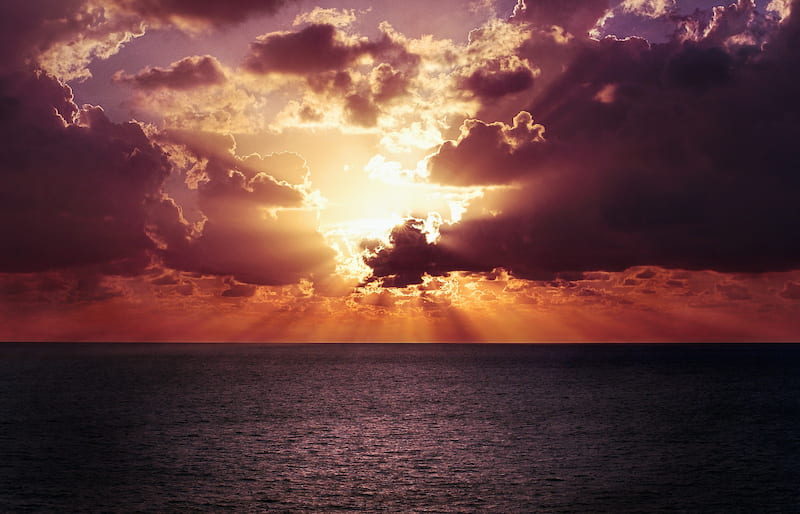
And should you choose to devote yourself to the ongoing journey of self-realization, you will develop a tremendous sense of respect for who you really are. It is only then that you will come to appreciate the full depth of meaning in the advice: “This above all: to thine own self be true.”
– Michael A. Singer
As I mentioned previously, Self-Realization is not so much one great big moment as it is a gradual process of spiritual unfoldment.
(However, it must be noted here that for some people, Self-Realization does come as one big moment. But for the vast majority of us, it’s a slow and steady process.)
Below you’ll find the nine stages of spiritual Self-Realization: from the beginning of the journey, all the way to the end.
Please note that Self-Realization is not necessarily (and often isn’t) a linear process. We often experience a spiral of blossoming and transformation, and it’s common to move forward and backward along this nine-stage journey.
Here are the nine stages of spiritual Self-Realization:
1. Self-Awareness
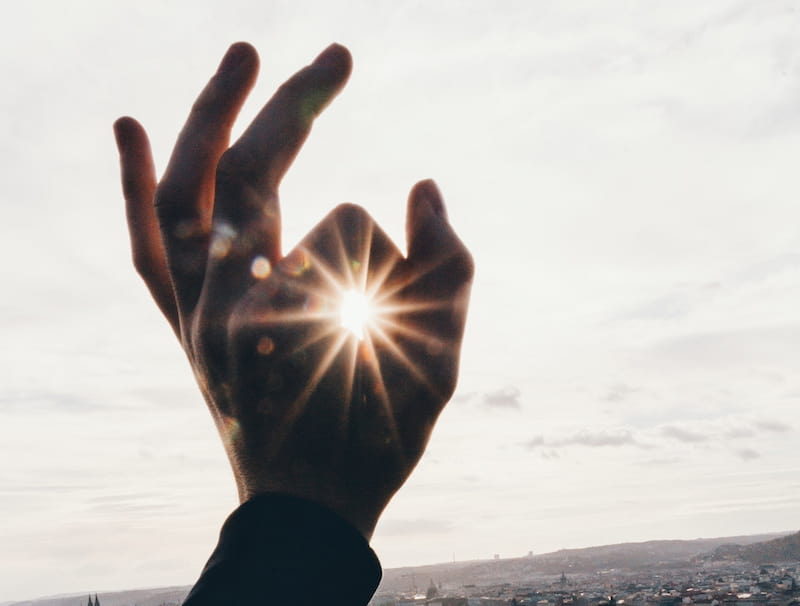
At the beginning of the journey is the dawning of self-awareness. This new awareness may dawn occur sporadically as a result of temporary moments of introspection or, alternatively, this awareness may suddenly erupt into our lives in the form of an unexpected spiritual awakening.
What is self-awareness? Self-awareness is when we become aware of ourselves (from an ego-based standpoint) and how we interact with the world.
Those who are self-aware move away from their previous psychological ignorance (also commonly referred to as “being asleep”) and into greater self-consciousness.
This gaining of sudden self-awareness can be a painful and humbling period as it tends to illuminate many of our harmful thoughts, habits, choices, and ways of relating to the world. And typically, we don’t like what we see. Thus, we either numb ourselves out of denial or enter the path of self-growth (also known as the spiritual path).
2. Self-Exploration
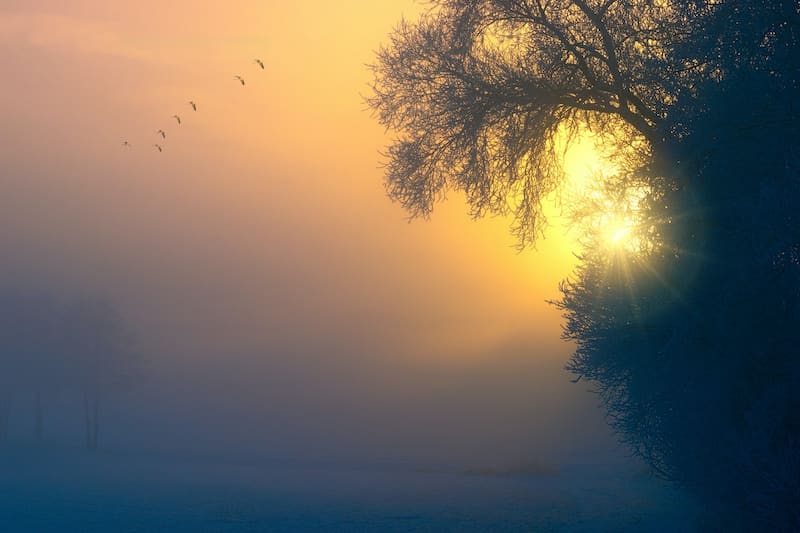
After the shock of awakening to more self-awareness, we’re driven by the desire to explore ourselves more – this is the journey of self-exploration in a nutshell.
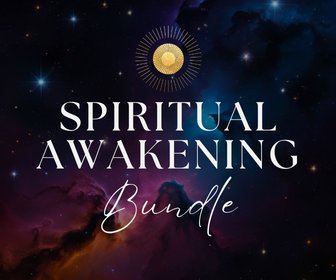
Spiritual Awakening Bundle:
Find your spiritual purpose. Deepen your self-understanding. Learn to embrace who you are. Let us show you how …
Self-exploration is fuelled by a mixture of curiosity (“Who am I really?”) and dissatisfaction (“I can’t believe I did/said/believed that!”). We want to find out more about personalities and understand our authentic place in life.
Self-exploration often occurs in the middle world (the realm of everyday life) and the purpose of it is to uncover how we think, feel, and behave. To get answers, we seek to gain knowledge and understanding of ourselves through books, workshops, films, courses, therapists, teachers, personality tests, and other psychological and spiritual practices.
3. Self-Discovery
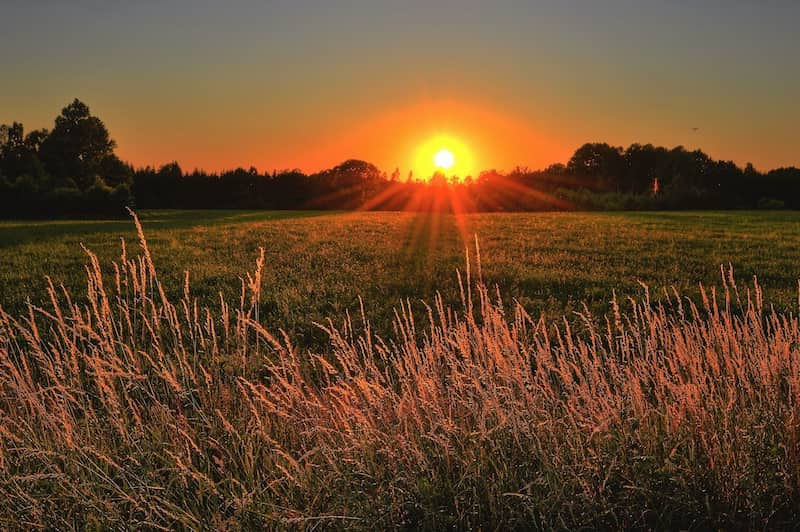
Once we start dabbling in the world of self-exploration, we eventually experience self-discovery, which is what happens when we dig underneath the surface of our egos.
Self-discovery occurs when we move from the “what?” to the “WHY?” While the previous stage (self-exploration) deals with what we like/feel/do/think, self-discovery deals with why we like/feel/do/think everything that emerges inside of us.
In this stage, it’s common to begin various forms of inner work that get to the root of our core selves.
4. Self-Understanding

Self-understanding is a crystallization of the previous three stages: it’s a deep understanding of the dynamics and workings of our ego selves.
People who have reached this stage have a thorough and multi-layered understanding of the origins and reasons why they think, feel, and behave the way they do. Not only have they explored their conscious ego, but they’ve also explored their unconscious mind to meet their shadow selves and other buried core wounds.
Self-Understanding is a lower world path that goes downwards and inwards, touching and revealing the very nature of our Souls.
5. Self-Love
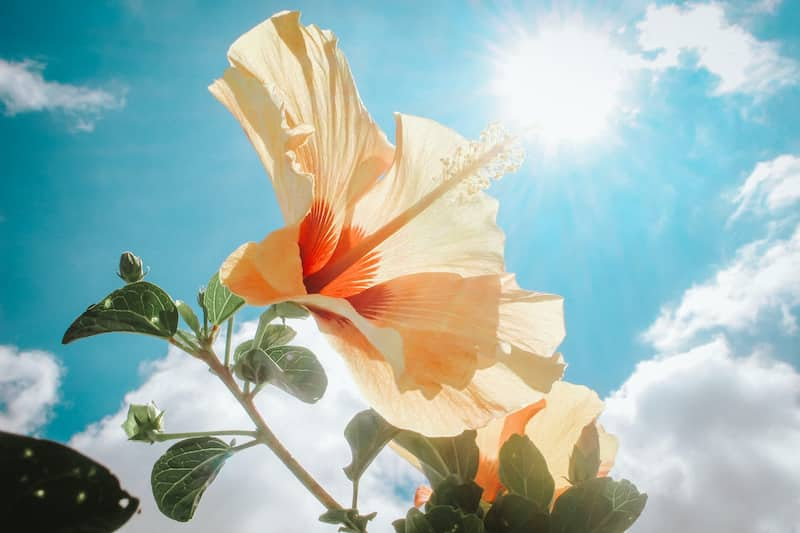
Next is self-love: the stage where we are filled with compassion for ourselves and all that we’ve been through.
As a lower world path, self-love is what happens when we tap into the fundamental nature of our heart and soul: love.
When we love ourselves, we’re fuelled by a deep understanding of ourselves. In fact, without the previous stage (self-understanding) it’s almost impossible to practice self-love because we don’t know what or why we do, think, and feel what we do.
Learning how to love ourselves means that we stop punishing ourselves, start nurturing our inner child, and begin experiencing greater self-esteem, self-confidence, and self-forgiveness.
6. Self-Transformation
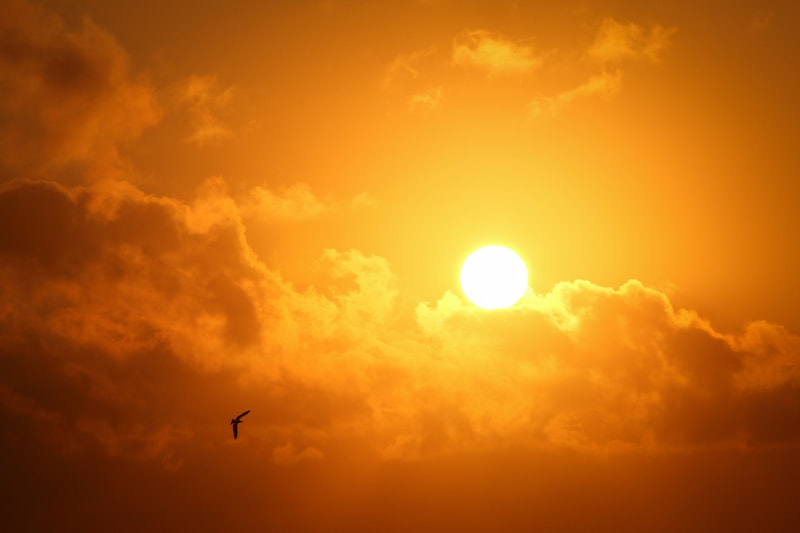
In this stage, we begin to shed our old and limiting habits, perceptions, and compulsions that were created by the false self (ego) and begin to experience transformation.
When we experience self-transformation, we enter a death and rebirth process that can feel uncomfortable and destabilizing at first. But ultimately, any change we undergo is liberating. In other words, we become more Soul-centered instead of ego-centered, and we’re more comfortable in our skin.
Thanks to the previous five stages, we’re able to make space for new growth to occur. Like a butterfly emerging from its cocoon, we feel more expanded, free, and grounded.
7. Self-Mastery
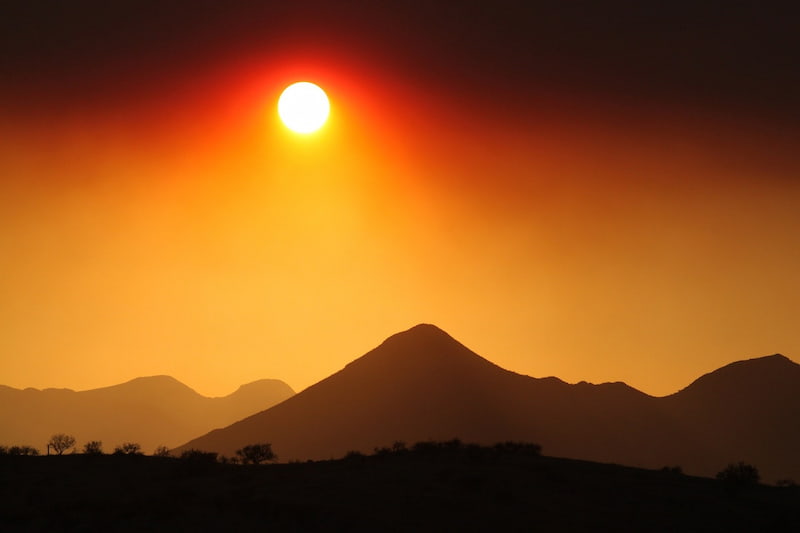
As a culmination of stages 1-6, this stage is about reaping the rewards of a stable and well-adjusted ego. Psychologist Carl Jung referred to this stage as individuation, that is, becoming a whole human being who is connected and aligned with the Soul.
Self-mastery is self-explanatory – it means mastering the false self (or ego) – but not with a tyrannical or domineering stance. Instead, mastering the false self is done with love and understanding.
Instead of being slaves to our egos, we live from the heart and Soul, and our egos are in service to the Soul.
When we experience self-mastery, our inner and outer worlds are balanced (i.e., we are spiritually integrated), and we become the Kings or Queens of our own middle worlds (everyday life) and lower worlds (inner life). We are self-contained, calm, perceptive, wise, compassionate, and lighthearted.
8. Self-Transcendence
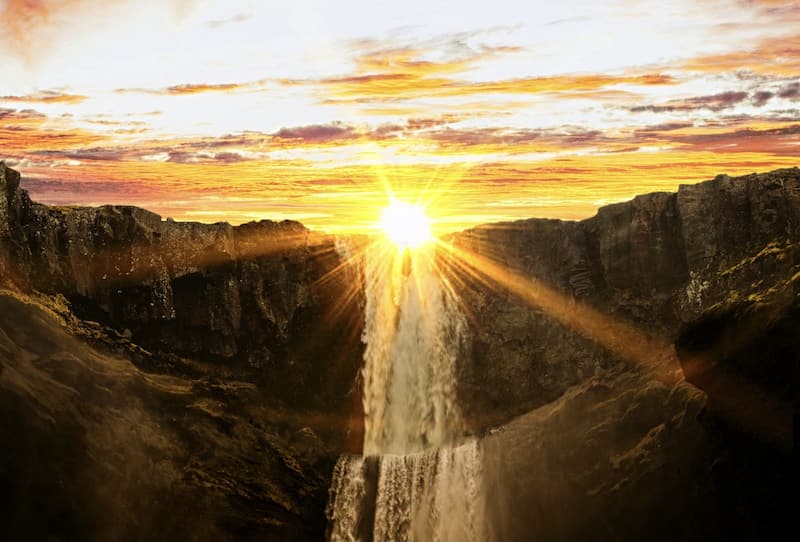
Next is self-transcendence which is where we start entering the world of Spirit (or the upper world).
When we walk the path of self-transcendence, we are seeking to move beyond our limited egos and attachment to our Souls, and rest in the deep spiritual Oneness at the center of who we really are.
The desire to self-transcend may come naturally throughout time (as a result of diligently walking the spiritual path), through a sudden mystical experience, profound transpersonal insight, or a deep inner calling to taste ultimate freedom.
Common self-transcendence paths and practices out there include meditation, yogic disciplines, mystical and higher consciousness traditions (Sufism, Gnosticism, Taoism, Buddhism, etc.), self-inquiry, non-dual teachings, contemplation, and so forth.
9. Self-Realization
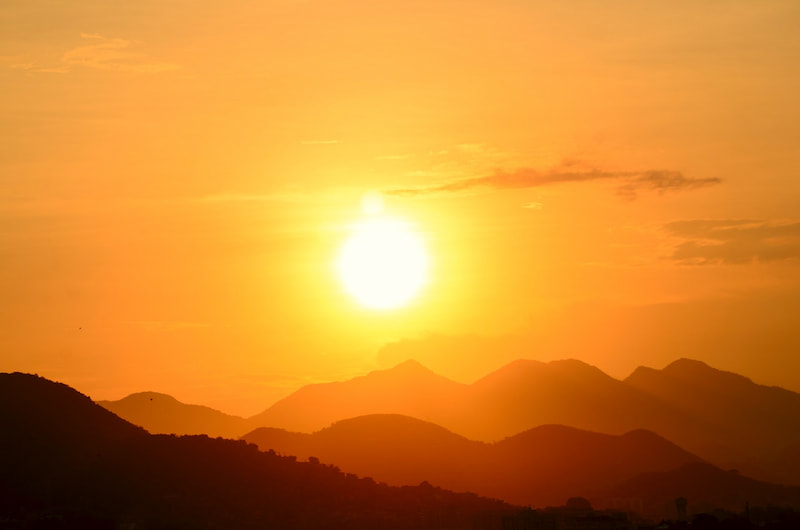
At last, we come to Self-Realization which is ultimately a gift of grace from Life, Spirit, or the Divine.
While we cannot “achieve” Self-Realization in the linear ego-based sense, we can prepare the soil of our inner garden, so to speak, to receive such a sacred gift.
So how does Self-Realization occur?
Self-Realization occurs when we stop identifying with the limited ego, deepen into a Soul-centered presence, and recognize ourselves as one and the same as the Divine on a visceral level.
Moving past a sense of “me,” “mine,” and “I am …” (aka., the inner stories fabricated by our illusory selves) we come to embody what is referred to as Christ Consciousness, Enlightenment, Buddhahood, Non-Dual Awareness, and Oneness.
Other names for this energetic expansion and shift in awareness are is Nirvana, Heaven, Moksha, Unio Mystica, Samadhi, Cosmic Consciousness, and so on. However, while this inner shift has been given many wildly exciting names, it has also been described as delightfully ordinary and unfathomably simple by those claiming to have tasted it.
Ultimately, to experience Self-Realization is to see through the insubstantiality and impermanence of the ego, the dreamlike nature of thought, and the illusion of attachment to all phenomena, and into the vast, spacious, and eternal presence that exists everywhere.
For over 12 years, we've poured our hearts into creating free content on this website. Unlike many platforms, we believe this guidance should be accessible to everyone. If this post empowered you in any way, please consider making a donation to keep us going. Any amount (one-time or ongoing) makes a huge difference.
In this stage, we are free from separation and find our true Home again. What remains is a pure radiance of being, a sacred union with Life, and an ever-deepening blossoming of love, connection, inner peace, and openness to existence.
How to Experience a Taste of Self-Realization
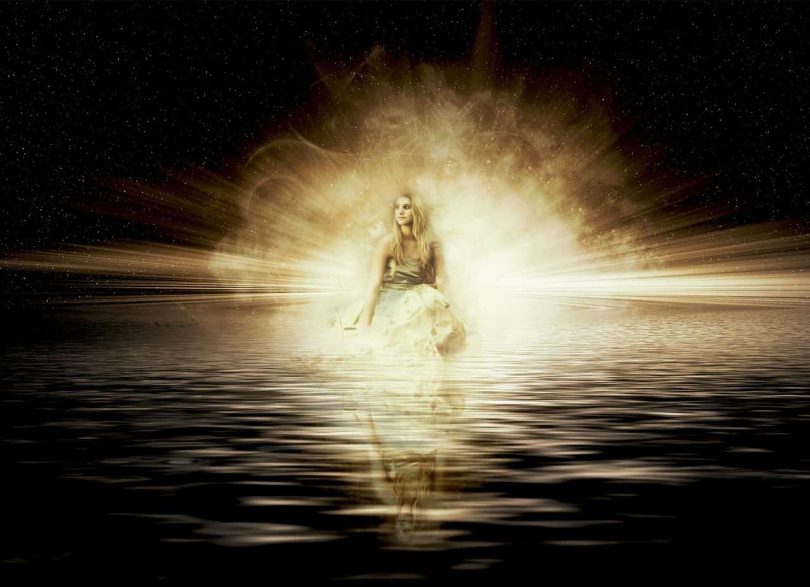
Self-Realization is a journey that could take you a few years, decades, an entire lifetime, or longer. But it is a sacred path that is worth every bit of your time, effort, sincerity, and focus. Ultimately, it is the path of enlightenment, the path of freedom, and the path of love. What could be more meaningful than that?
Now that we’ve explored what Self-Realization is and its nine stages, how can we taste – even just briefly – this experience? (I’m sure you’re curious!)
Here are some methods and practices that can help you to dip into this life-changing experience (although nothing is ever guaranteed):
- Long stretches of meditation (45 minutes or more per day) – Keep in mind that it’s important to work up to the goal of longer meditations, especially if you’re a beginner. Find a style of meditation that feels comfortable and beneficial to you and stick with it for at least a month.
- Plant medicine journeying (with ayahuasca, peyote, mescaline, psilocybin mushrooms, marijuana, etc.) – If you have a mental illness, I recommend talking to a therapist beforehand or trying another one of these suggestions (as plant medicine can sometimes negatively exacerbate symptoms). Otherwise, plant medicine is an amazing path that I highly recommend approaching with a clear conscious intention and tons of respect.
- Entering altered states of consciousness (such as through a trance state, lucid dreaming, breathwork, and self-hypnosis) – Remember to be gentle with yourself and go slowly when entering altered states (this can help to prevent overwhelm).
- Nature immersion – Try spending long periods in nature (1+ hours), particularly in wild and untamed areas that aren’t visited by people. Nature has a magical way of opening the heart and mind to new horizons!
If you can recommend any other practices, please share them below!
***
In the words of great Indian sage Ramana Maharshi:
Your own Self-Realization is the greatest service you can render the world.
Perhaps one of the most important things to understand about this topic is that the journey of Self-Realization is not linear. We don’t simply move from point A (Self-Awareness) to point Z (Self-Realization). There is no straight line here. This journey is certainly not logical or simple.
Instead, see Self-Realization as a spiral or a circle. This is a process of unfolding that ebbs and flows, waxes and wanes, opens and closes like the sun, moon, ocean, clouds, and flowers.
In one period of life, we might return back to the basics of learning about ourselves and developing more ego awareness (even after years of doing that kind of work and thinking we’re “done” with that!).
In other parts of life, we might be called to follow a more transcendental path. And then again, we might be called to return to “beginner’s mind” once again.
No part of the journey is better than the other or more needed than the other: each stage is interdependent and divinely entwined.
However, by listening to the various wisdom traditions in the world that contain Self-Realization at their core and by putting our spiritual journeys into context (rather than getting lost in the rabbit holes of spiritual materialism), we can understand the deeper purpose of our lives and inner paths.
May your journey of Self-Realization be deep, expansive, and liberating.
Tell me, what stage do you think you’re in on the journey toward Self-Realization? I’d love to hear about your experiences.
Three paths to inner transformation – here’s how I can help you go deeper:
1. The Spiritual Wanderer Course: Are you feeling lost, adrift, and unsure of your life's purpose? Gain clarity, focus, and direction on your inner path by uncovering the five archetypes of awakening within you. Learn how to navigate the highs and lows of your inner journey and chart your unique path with 3+ hours of audio-visual content, workbooks, meditations, and a premium test.
2. Shadow & Light Membership: Do you crave consistent support on your spiritual quest? Receive weekly intuitive guidance and learn to embrace your whole self, including your shadow side. Cultivate deeper self-love with our affordable, personalized support.
3. Spiritual Awakening Bundle: Ready to embark on a profound soul-searching adventure? Dive into our collection of essential transformative resources! Explore five illuminating eBooks and seven in-depth journals, plus unlock two special bonuses to empower your spiritual growth.

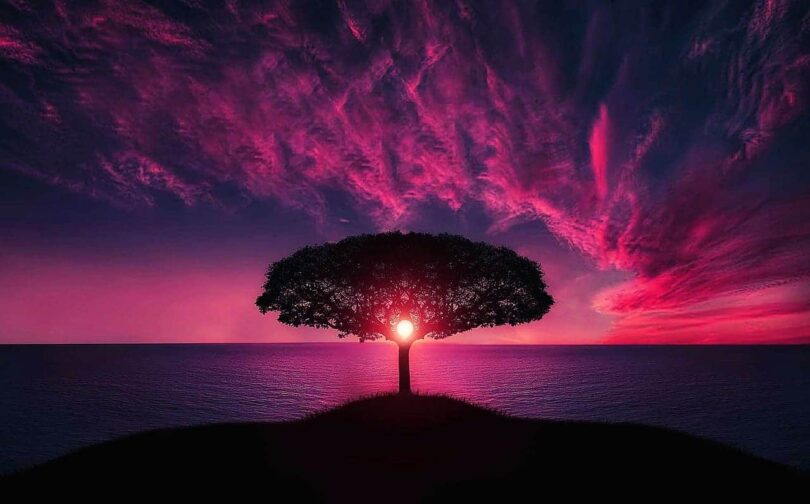




 $3
$3
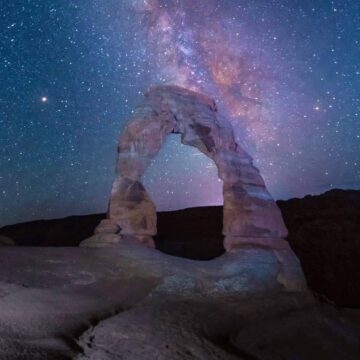
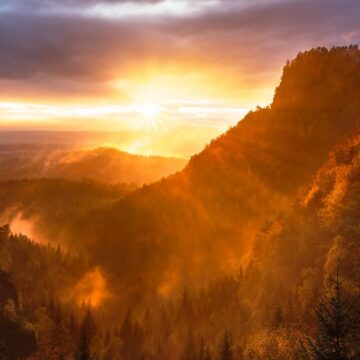

I’m at stage 6, Self-Transformation, it’s been really overwhelming, but I’m grateful for the Transformation
Thanks for sharing this 💜
Right now I feel I am at the Self Love stage and many times go back into the stage 1 of becoming more aware. It can be frantic a lot of the time. But I know its worth it. And to be a more conscious and loving man who is awake.
I’m already at The Stage 9😇